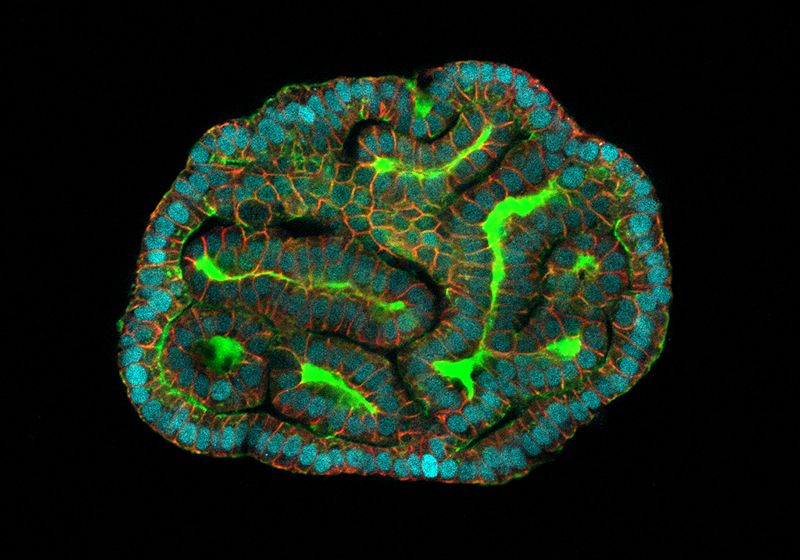
The holiday season is often painted as a joyful time filled with family gatherings, festive lights, and celebrations.
Yet, for many, this time of year brings feelings of sadness, loneliness, or stress.
Known as the “holiday blues,” this emotional slump is more common than you might think. But the good news is, research shows there are practical ways to manage it.
The holiday blues can happen for many reasons. Some people feel lonely because they’re far from loved ones or don’t have a strong support system.
Others feel stressed about gift-giving, cooking, or hosting, especially if finances are tight.
Shorter daylight hours can also play a role, as limited sunlight can affect your mood and energy levels. Experts say these feelings are normal, and they don’t mean there’s something wrong with you.
Studies show that one of the most effective ways to combat holiday sadness is to stay connected with others. Even small social interactions, like chatting with a neighbor or calling a friend, can lift your spirits.
If you’re feeling isolated, consider joining a community activity, such as volunteering at a local charity. Research from the University of Exeter found that helping others not only boosts your mood but also strengthens your sense of belonging.
Physical activity is another proven way to improve your mental health during the holidays. Exercise releases endorphins, which are chemicals in the brain that make you feel happier and less stressed. Even a 20-minute walk outside can make a big difference.
A study published in Health Psychology found that people who spent time in nature reported lower levels of anxiety and sadness.
Practicing mindfulness can also help you stay grounded and manage overwhelming emotions. Mindfulness involves paying attention to the present moment without judgment.
This could mean taking a few deep breaths, noticing the colors of holiday decorations around you, or simply savoring a warm drink.
Research published in the journal Mindfulnessshows that practicing mindfulness can reduce stress and improve emotional well-being. Apps like Headspace or Calm offer easy ways to get started if you’re new to mindfulness.
For those feeling overwhelmed by holiday demands, it’s important to set boundaries and prioritize what truly matters to you. Clinical psychologists suggest creating a realistic to-do list and letting go of perfectionism.
Remember, it’s okay to say “no” to events or tasks that feel like too much. A 2015 study in the Journal of Behavioral Medicine found that people who set boundaries experienced less stress and greater satisfaction in their relationships.
Another important factor is managing expectations. Social media can make it seem like everyone else is having a perfect holiday, but remember, these posts often show a highlight reel, not the full picture.
Focusing on what you’re grateful for, rather than what’s missing, can shift your mindset. Gratitude practices, such as writing down three things you’re thankful for each day, have been shown in multiple studies to improve mood and reduce symptoms of depression.
Lastly, if you’re struggling with persistent sadness or anxiety that doesn’t go away, it’s important to reach out for help. Talking to a trusted friend, family member, or mental health professional can provide relief. Therapy or counseling is not just for severe cases—it can help anyone navigate challenging emotions.
The holiday blues are a temporary but real experience. By taking small steps to connect with others, move your body, practice mindfulness, and manage your expectations, you can make this season feel lighter and more meaningful.
Remember, it’s okay to prioritize your well-being. After all, the holidays are about more than just traditions—they’re about finding joy and peace in ways that feel right for you.
If you care about health, please read studies that scientists find a core feature of depression and this metal in the brain strongly linked to depression.
For more information about health, please see recent studies about drug for mental health that may harm the brain, and results showing this therapy more effective than ketamine in treating severe depression.
Copyright © 2024 Knowridge Science Report. All rights reserved.










Leave a Comment